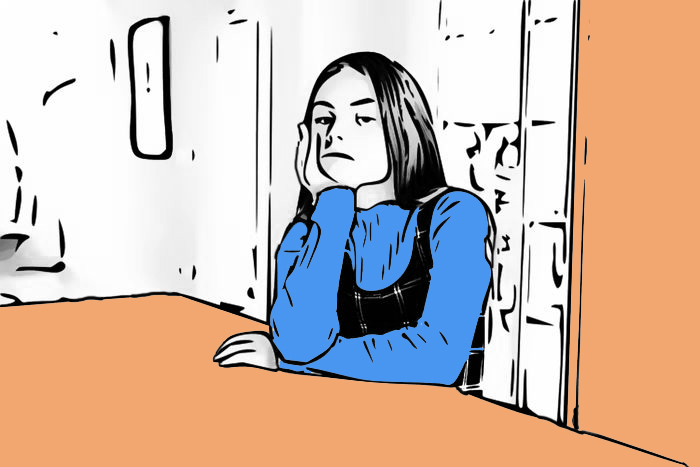Let’s say your child has been diagnosed on the Autism Spectrum. Are you sensing that your extended family just doesn’t get it?
Whether your parents or other extended family members have a big role in your child’s day-to-day care or just see your child occasionally, what you share and how you ask for their support is up to you.
Here are our tips for making these conversations go smoother.
FOR FAMILY INVOLVED IN CARE
We have worked with many families who have either a live-in relative or family members who contribute greatly to a child’s care. Grandparents may drive a child to and from school, babysit, cook meals and take a child to appointments. In this case, it is important to involve them in the process of understanding your child’s diagnosis and profile.
If this is your situation, and you feel your family is not behind you and your child, it is important to have a discussion and to understand this person’s perspective. As the parent, you certainly call the shots, but if this person cares for your child when you aren’t there, you do want to have a clear plan and to be sure the lines of communication are open.
After a conversation that involves lots of listening, it may be helpful to schedule a meeting with your psychologist, coach, or ABA therapist so that your other caretaker can ask questions and get clarification about how to best support your child.
FOR LESS INVOLVED FAMILY
Now let us discuss the extended family who is less involved, perhaps you have dinner once a month or see each other only on holidays. Maybe you’ve heard “You are spoiling him” or “You are too hard on that child!” or “This is all your fault (mom)!”
Certainly everyone has an opinion. You do not need to spend your time justifying your child’s profile and treatment with these family members who are not involved in care. The best way to approach these family members may be to set clear ground rules and expectations with them for how to respond to your child, what limits are okay and how to handle situations like a temper tantrum or dangerous behavior. In these cases, think about whether you are comfortable leaving your child with this relative. Perhaps it is better to supervise the interaction with your child.
If you want to communicate and find more common ground, consider a face-to-face discussion. Hear this person, and tell them what you are comfortable sharing about your child’s profile. You may provide a CADE article on a particular topic or offer clarification about the treatment you are doing. Make sure after listening to them that you convey how their unnecessary criticism makes you feel. As a parent, you are doing your best and parenting can be hard. You deserve the support of loved ones, not the criticism.
A final thought is do not feel you have to disclose everything about your child to someone who is unsupportive. Remember that it is really not this person’s business, and try not to let hurtful comments from family, from strangers at the grocery store or whomever else offers criticism bring you down. We know how hard this is. We often recommend that the parents we work with have their own therapy to process all of the hard work they are doing and to look at the emotions they have and sacrifices they are making for their child.
We’re here to help.
Book a FREE Discovery Session now to get support for navigating relationships with extended family.




